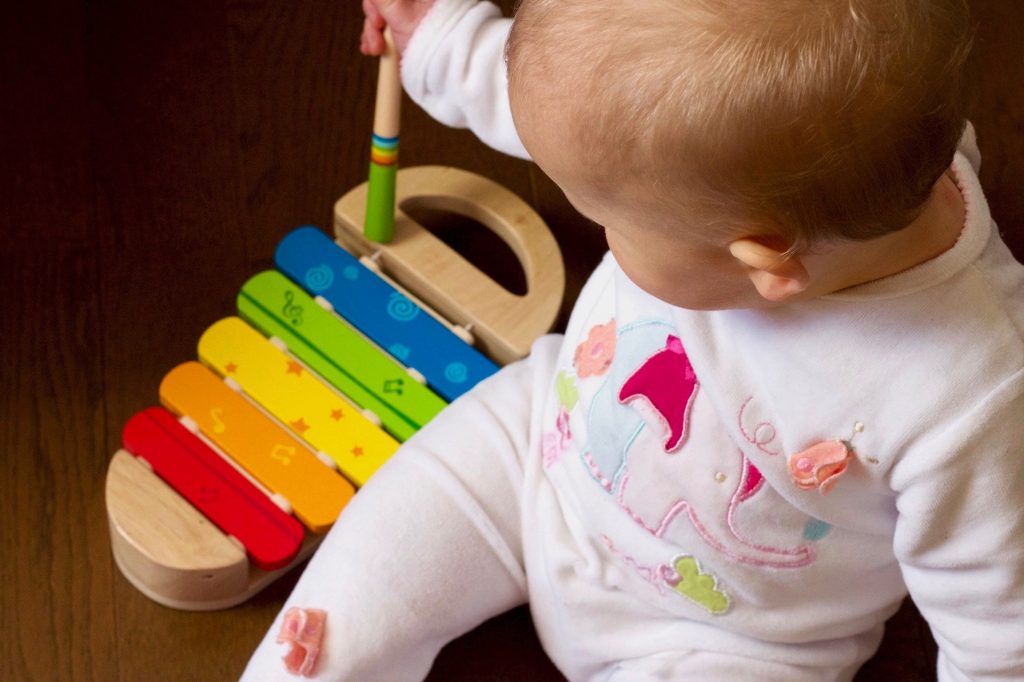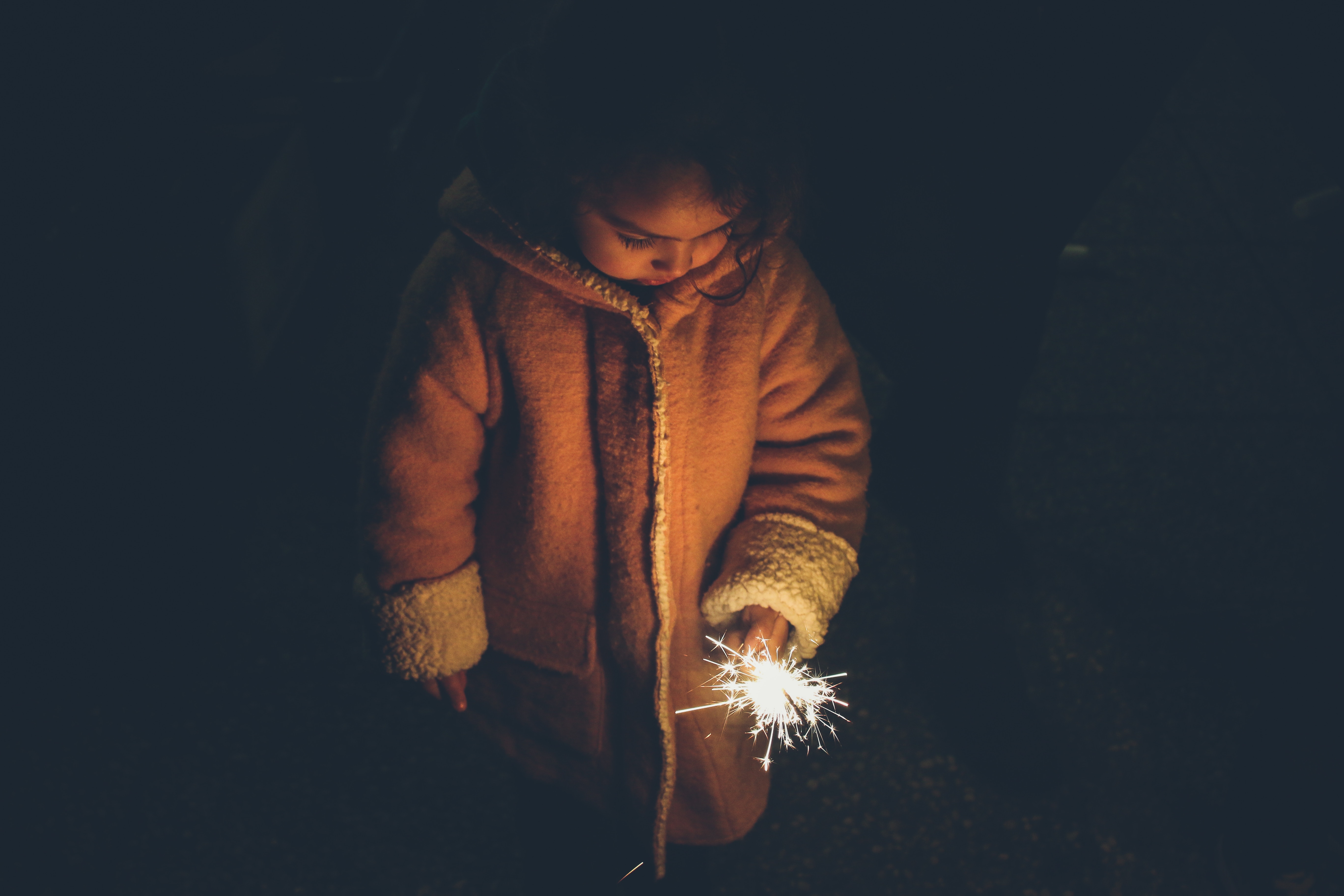The homelessness crisis in the UK is not only affecting adults. Last year it was reported that 130,000 children would wake up homeless and in temporary accommodation on Christmas day. At least 140 families become homeless every day.
Child homelessness is at a ten-year high. For families in this situation, they have no stable home, and often live in cramped, overcrowded and dirty temporary accommodation. Whole families often have to share one room and frequently there is no access to a kitchen or cooking facilities. Sometimes toilets are shared by several families.
Homelessness Impacts Education and Health
 Image Credit: Jelleke Vanooteghem / Unsplash
Image Credit: Jelleke Vanooteghem / Unsplash
Homelessness has an incredibly negative impact on the lives of children. In a report by the charity Shelter, teachers highlighted the massive effect homelessness can have on the kids they teach. Children often fall behind academically, fall asleep in class, and become socially isolated, anxious and withdrawn. The stress caused by unsuitable accommodation can affect children’s development and their ability to lead normal lives, to learn and to maintain friendships.
Worryingly, bad housing can put children at a 25 percent higher risk of severe ill-health and disability during childhood and early adulthood, and homeless children are three to four times more likely to have mental health problems than other children.
What Should the Government Be Doing?
 Image Credit: Luca Campioni / Unsplash
Image Credit: Luca Campioni / Unsplash
Under UK law, local authorities should ensure all homeless families with children receive permanent accommodation within six weeks.
However, due to increased demand (partly due to caps on housing allowance) and lack of social housing, this deadline is frequently not being met, with families spending longer and longer in temporary, and often poor quality, accommodation. Some have even been forced to live in temporary accommodation for more than two years.
What About Human Rights?
 Image Credit: Alp Studio / Unsplash
Image Credit: Alp Studio / Unsplash
Children, like adults, have their human rights protected by law. The lack of proper accommodation may interfere with the right to family and private life, under Article 8 of the Human Rights Convention. In extreme cases failure to provide accommodation could even amount to inhuman and degrading treatment under Article 3 of the Human Rights Convention.
Children are more vulnerable than adults and have extra needs. Because of this, there is also an international treaty which specifically protects the human rights of children. By signing up to UN Convention on the Rights of the Child (CRC) in 1991, the UK has agreed that public bodies must consider the best interests of the child when doing anything that affects children.
A Permanent Home – Only A Dream?
 Image Credit: Rafael Lodos / Unsplash
Image Credit: Rafael Lodos / Unsplash
It is clear that human rights law recognises how important it is to make sure that children have the best start in life. A safe, stable and suitable home is essential for a child’s happiness and development.
In Article 27 of the CRC, the UK recognises “the right of every child to a standard of living adequate for the child’s physical, mental, spiritual, moral and social development”. One of the most basic steps towards guaranteeing this right must surely be to ensure that every child has a permanent home. However, for too many children in the UK today, this is something that is only a dream.






